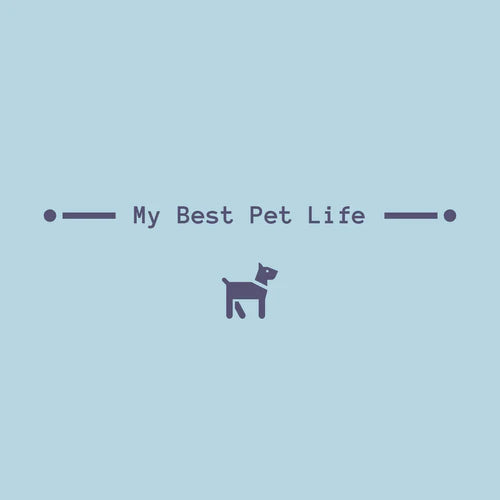Small dogs, often referred to as "yappy" or "barky" breeds, tend to bark more frequently compared to larger dogs for a variety of reasons:
-
Guarding Instinct: Small dogs often have a strong guarding instinct to protect their territory, including their owners and living spaces. They might perceive threats more readily and respond with barking to ward off potential intruders.
-
Communication: Dogs use barking as a means of communication. Smaller dogs might bark more frequently to signal their presence, communicate with other dogs or animals, or convey their emotions such as excitement, anxiety, or frustration.
-
Higher Energy Levels: Many small dog breeds have higher energy levels compared to larger breeds. If they don't receive sufficient physical and mental stimulation, they may become bored and start barking excessively as a way to release their pent-up energy.
-
Attention-Seeking: Small dogs may learn that barking gets them attention from their owners, even if it's negative attention. This can reinforce the behavior, leading them to bark more often to get a response.
-
Fear and Insecurity: Smaller dogs might feel more vulnerable due to their size, leading to increased anxiety and fear. Barking can serve as a defense mechanism to create distance from perceived threats.
-
Socialization: Some small breeds are more prone to being anxious or less socialized with other dogs and people. This heightened sense of caution might result in more frequent barking in unfamiliar situations.
-
Breed Traits: Certain small dog breeds were originally bred for specific purposes such as hunting, herding, or guarding. These breeds may have retained their vocal nature as a part of their heritage.
It's important to note that individual dogs' behavior can vary greatly based on factors such as training, socialization, environment, and genetics. If a small dog is barking excessively and it becomes a concern, it's recommended to consult with a veterinarian or a professional dog trainer to determine the underlying causes and develop a tailored plan to address the behavior.

